A year ago today, President Biden and Chinese President Xi Jinping shook hands with each other on the sidelines of the G-20 Summit in Bali, Indonesia, in an attempt to reset the world’s most important bilateral relationship. The two men, who knew each other during their previous encounters at the vice presidential level, hoped to exploit their familiarity with one another to bring US-China relations onto a more productive plane. And for a moment, the Bali talkathon seemed to have that effect. “President Biden underscored that the United States and China must work together to address transnational challenges — such as climate change, global macroeconomic stability including debt relief, health security and global food security,” a White House readout said at the time. “The two leaders agreed to empower key senior officials to maintain communication and deepen constructive efforts on these and other issues.”
It all turned out to be a mirage in the geopolitical desert. Fewer than three months later, a Chinese spy balloon was spotted hovering over the continental United States, inciting the American media into a collective freakout and giving China hawks the ammunition they needed to push the Biden administration into undermining its own engagement policy. Secretary of state Antony Blinken would cancel his trip to Beijing, citing the balloon fiasco as the reason. US and Chinese aircraft and ships in the South China Sea would continue passing each other in the night. American technology export bans on China would strengthen, Taiwanese president Tsai Ing-wen would go on to meet with (former) House Speaker Kevin McCarthy in California, and the Chinese defense minister would snub US defense secretary Lloyd Austin at a conference.
In short: US-China relations have gotten worse since the November 2022 Biden-Xi meeting, not better.
The two leaders are therefore gearing up for a redo. This time, San Francisco is the destination. The issues, however, are still the same: US export controls, Taiwan, territorial claims in the South China Sea, China’s burgeoning nuclear weapons program, trade disputes and Russia’s war in Ukraine. Add the weekslong Israel-Hamas war as well as the overall frostiness on both sides and it’s difficult to see Biden-Xi 2.0 going anywhere — or more accurately put, going anywhere fast.
Anybody hoping Biden and Xi will walk away from San Francisco with tangible agreements on paper should sit down until the feeling passes. With the exception of a possible deal on restricting the flow of fentanyl precursors and resuming military-to-military exchanges, agreements will be few and far between. Indeed, there apparently won’t be a joint statement or communique, only separate readouts based on their own interpretations of how the session went. A senior Biden administration official was refreshingly honest on this point. “We’re not talking about a long list of outcomes or deliverables. The goals here really are about managing the competition, preventing the downside risk of conflict and ensuring channels of communication are open.” Biden, too, all but told people to keep their expectations extremely low. Asked today how he would define success, the president offered a few low-bar items: “To get back on a normal course of corresponding, being able to pick up the phone and talk to one another if there’s a crisis, being able to make sure our military still have contact with one another.”
The administration is right to take a “no news is good news” approach. There is no point sugarcoating the US-China relationship. The world’s two biggest powers find themselves on the opposite end of too many issues. Washington is an established power aiming to keep its global dominance, whereas Beijing is an aspiring power seeking to match and, according to US officials, exceed, America’s influence. In practice, the US all but treats Taiwan as a de facto independent country (even if declaring Taiwanese independence outright would be against forty-four years of US policy and law), while China believes Taiwan is a renegade province that should be reunified with the mainland — by force if necessary. America, in addition to every country in Southeast Asia, regards the South China Sea as an international waterway; China takes an expansionist position, arguing that it owns pretty much the entire thing. The United States is Ukraine’s core military backer as Kyiv tries (without success) to expel Russian troops from its territory. China, meanwhile, has provided Russian president Vladimir Putin with a considerable chunk of cash as it continues to purchase Russian oil and natural gas, all the while offering peace proposals that are heavily tilted toward Moscow. Finally, the Biden administration is increasingly concerned about the growth of China’s nuclear weapons arsenal, which according to a recent Pentagon report has risen to 500 warheads as of this May.
None of this — I repeat, none of this — will be resolved in the foreseeable future, let alone tomorrow.
Unfortunately, the relationship between the US and China has reached a point where barebones conflict prevention and dispute mitigation is probably the best either side can do. The phrase “maintaining open lines of communication” may sound like a throw-away line whenever Biden, Blinken, Austin or national security advisor Jake Sullivan uses it during briefings and press statements. But they aren’t wrong to make regular dialogue a priority, if only for the simple reason that the absence of it will produce an even worse outcome for both countries.
China isn’t going anywhere. Neither is the US. Somehow, someway, the two countries need to discover a way toward peaceful coexistence. This isn’t some hippy declaration. It’s an absolute necessity.



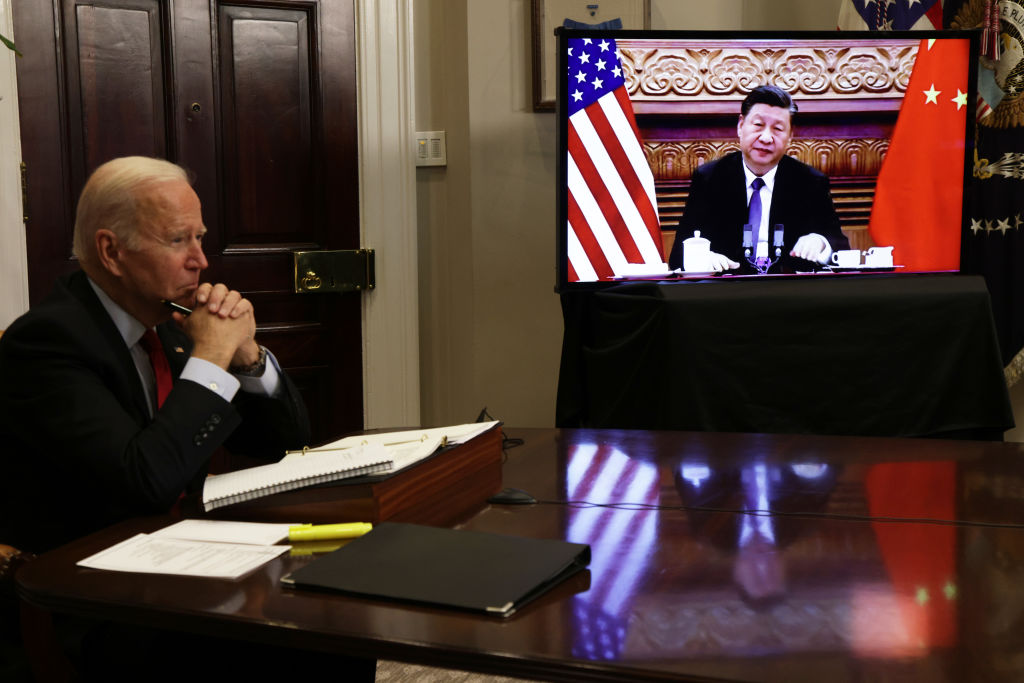








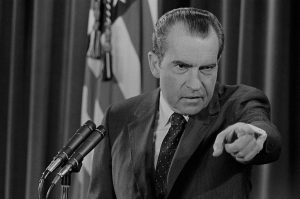
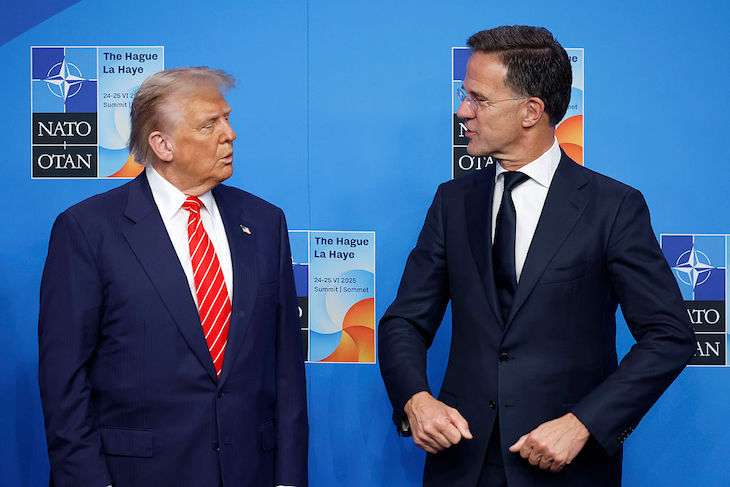
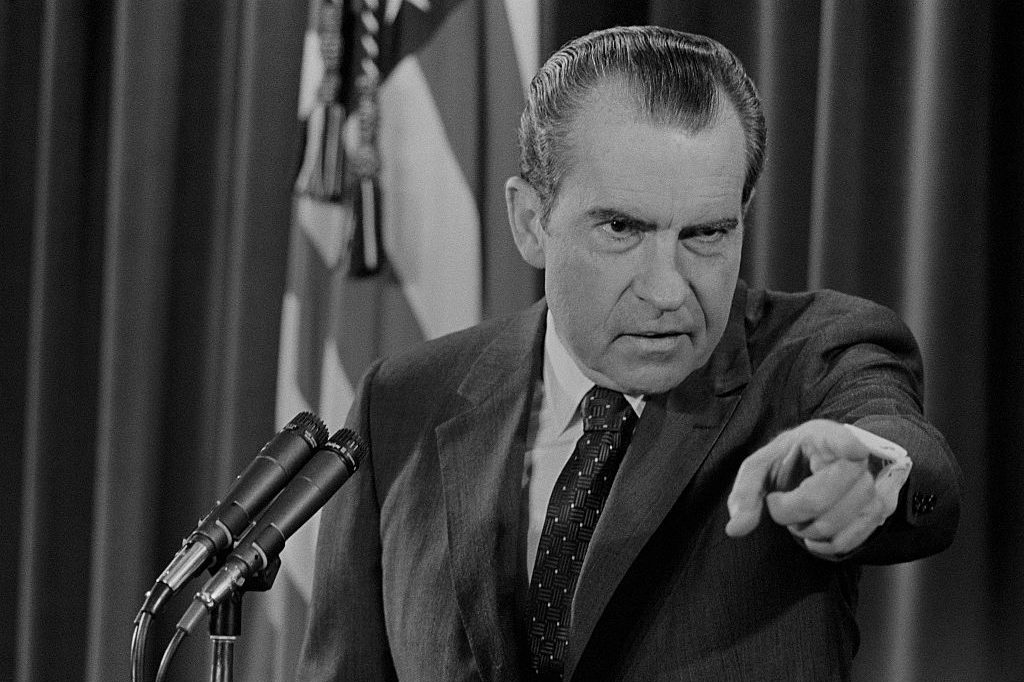
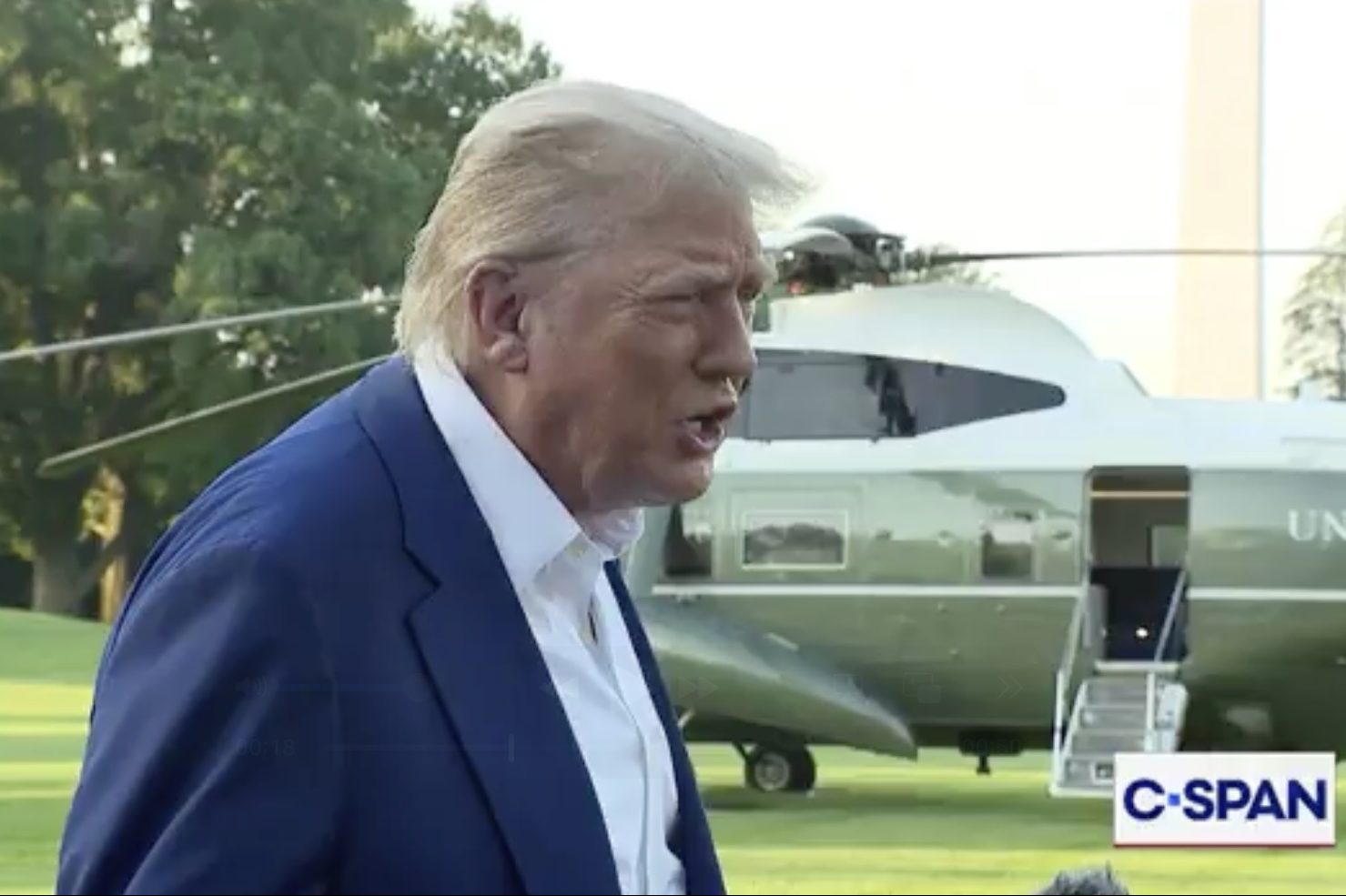
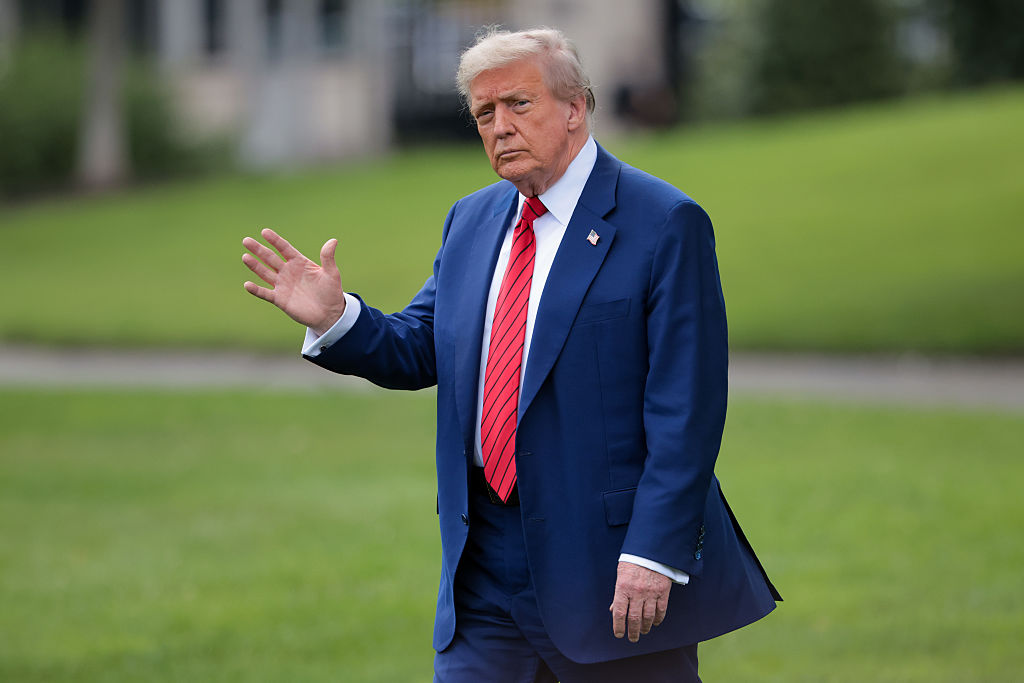

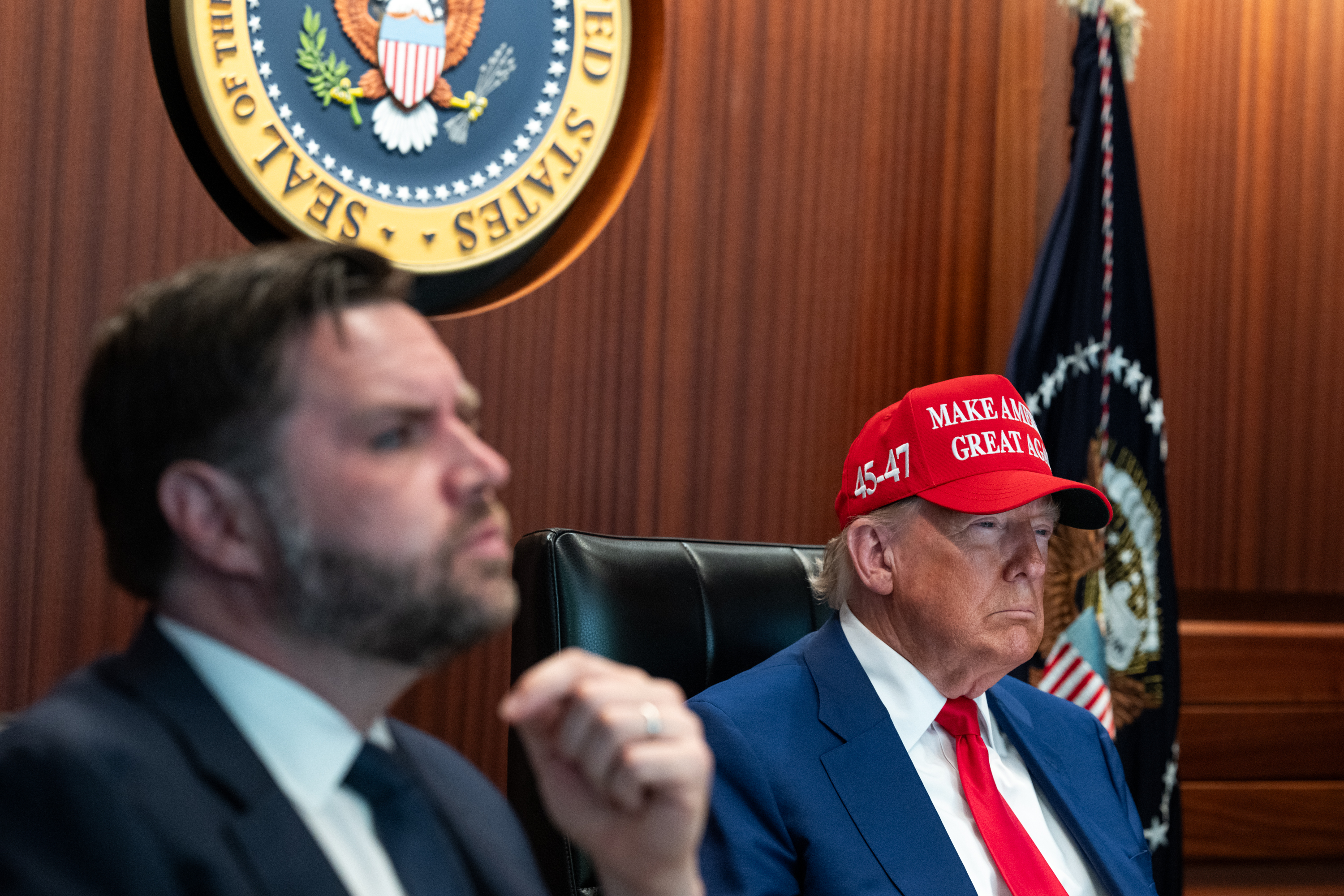







Leave a Reply